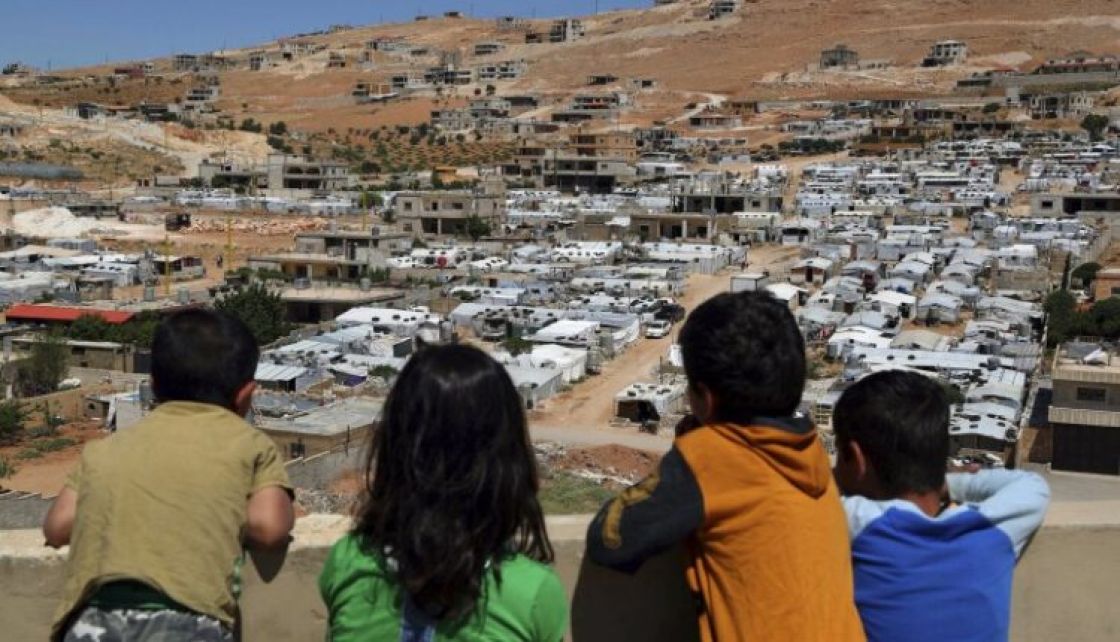- Editorials
- Posted
Kassioun Editorial 1228: How Do We Measure Real Growth and Progress?
The experiences of Tunisia, Egypt, Sudan, Libya, and others teach us that the mere collapse of a ruling authority does not necessarily mean the fall of the ruling regime in its socioeconomic dimension – that is, the manner of distributing wealth and dealing with the country, its economy, and the rights of its people, whether in the national, democratic, or social sense. Those experiences also teach us that the collapse of a tyrannical and plundering regime cannot turn into a true and complete victory for the oppressed and plundered people unless it is complemented by building of a radically different new system – one that is socioeconomically just, democratic, and patriotic. One that preserves the sovereignty and wealth of its country, and through which the people can govern themselves.
Perhaps one of the most powerful aspects of revealing the nature of any regime is the socioeconomic one. As is well known, politics is the intensification of the economy and conflicting economic interests. Therefore, the economic policy pursued by a regime is the litmus test that reveals its essence – that is, for whose benefit does it operate, internally and externally?
The current “fashion” among government officials within the interim authority is talk of a “free market economy”, “privatization”, “selling off the public sector”, and “attracting foreign capital and companies”. This is, in fact, the exact same fashion that prevailed under the fallen Syrian regime since 2005, openly, and not so openly since the early 1990s.
The direction of the country’s economic will ultimately fall into one of two general models: either it will be in the interest of all Syrians, and thus in the interest of Syria’s sovereignty, independence, and development, or it will be completely contrary to the interests of the Syrian people, and thus in the interest of a small minority who will grow rich at the expense of the country and its people, along with foreign countries that will continue their previous plundering of the country through the well-known mechanisms of modern economic colonialism.
In determining which of the two models Syria will adopt, we must always answer a fundamental question: In whose interest; is it in the interest of the Syrian people and Syrian sovereignty:
- To open the door wide to foreign investment?
- To dismantle the state sector and end its social function?
- To give up sovereign economic sectors?
- To put the interests of investors and traders before the interests of workers and producers?
The response to these questions is implicitly an answer to the question: What model of the modern state do Syrians desire? Is it a state in which national income grows while people’s poverty increases (as was the case during the Bashar al-Assad era; where according to Western institutions our national income was growing, especially between 2005 and 2010)? Or a state in which national income increases and positively impacts the people? Is what is required a state that provides free health care and education for all, or one that transforms them into a profit-making sector, thereby depriving the overwhelming majority of Syrians of them?
Choosing the economic identity and model is the exclusive right of the Syrian people, through consensus and agreement – that is, through a general national conference leading to a national unity government. It is not the right of the transitional authorities or any one Syrian side alone. This is because the identity and model of the Syrian economy will determine not only the nature of life for the country and its people over the coming decades, but also whether crises will erupt again at some point, and whether the country’s stability, civil peace, and unity will be preserved or squandered.
Within these coordinates, it should be noted that the (conditional) lifting of sanctions, which is supposed to be an opportunity for Syria and Syrians, could simply turn into a tool for subjugating the country and perpetuating its dependence, weakness, and the poverty of its people for decades to come. Therefore, the only path to true salvation, growth, progress, and true victory for the Syrian people as a whole, was and remains a general national conference and a national unity government.s


